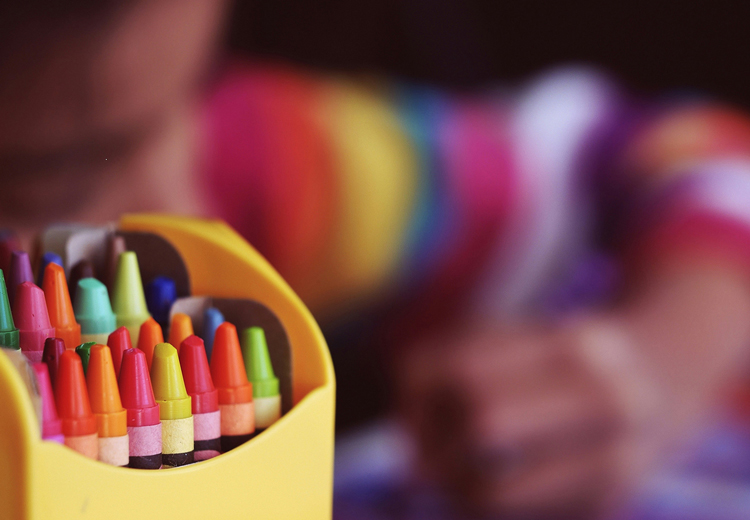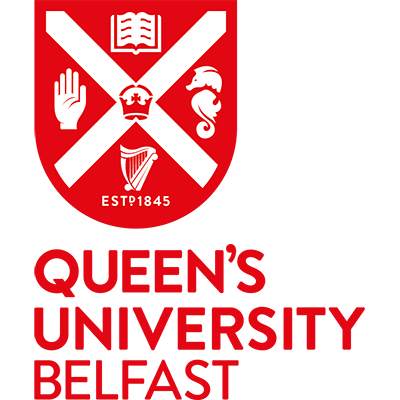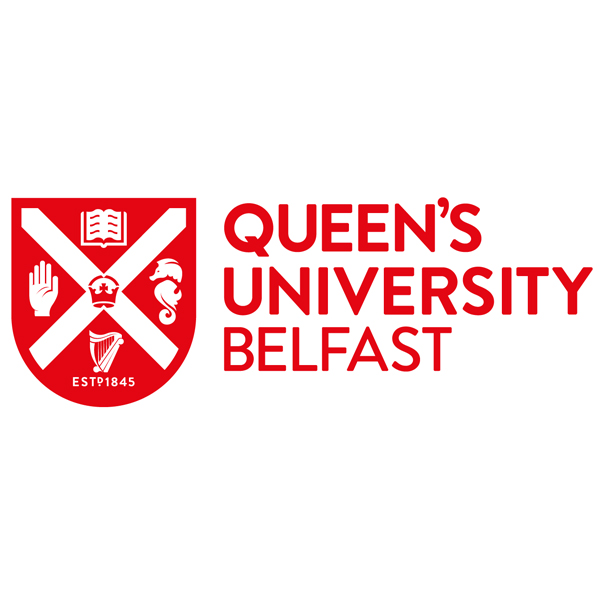THE Connect podcast: Empowering children to participate in policymaking
By incorporating children’s and young people’s voices in decisions, communities can ensure they are granted agency to influence their own lives

Sponsored by

Sponsored by

You may also like
“Children have so many decisions and policies that affect them, where they’re not included in any way,” Laura Lundy, professor of children’s rights and co-director of the Centre for Children’s Rights at Queen’s University Belfast, said on an episode of THE Connect podcast. “It’s really important to respect their dignity, equality and ability and agency to influence their own lives.”
According to the Convention on the Rights of the Child, which every country in Europe has ratified, children have a right to have their views sought and given due weight. However, people are often intimidated by the process and are concerned about correctly implementing it, said Lundy, who developed a widely used toolkit called the Lundy Model of child participation.
The Lundy Model is “a device for enabling adult decision makers to engage meaningfully with child participation”. Several organisations, including the World Health Organisation and the European Commission, adopt the model to promote children’s participation in decision-making.
Deirdre Reidy, assistant principal officer in the Participation, Play and Recreation Unit in the Irish government’s Department of Children, Equality, Disability, Integration and Youth, said the Irish government has a national framework in place to support the participation of children and young people in decision-making. She warned that simply including children in an adult discussion is tokenistic and that true inclusion required a “well-thought out and planned consultation process…co-designed with children and young people”.
Lundy said that policymakers should not limit what children and young people can request but they should be realistic around how policies are made and what the outcomes will be. “When we bring children into the policy-making space, one of the most important things is building relationships and trust, which is an element of trust and transparency,” she said.
Reidy gave an example of when children were included in the consultation process around Ireland’s Traveller and Roma Education Strategy. “The children asked for supportive and understanding teachers because they feel that having understanding teachers, particularly from Traveller and Roma communities, would make school better for them,” she said. This input helped to develop practical solutions, such as teacher training, education around Traveller and Roma culture, and encouraging individuals from these backgrounds to become teachers and mentors.
When organisations do not include children’s perspectives, they are “missing a trick”, said Lundy. For example, in 2024 Australia implemented a ban on social media for people younger than 16. “If you talk to any young person about that ban, they know it is not enforceable,” she said. “Children will find ways around that, and they will still be on social media, but it will be social media that is not regulated. It’s very shortsighted not to involve them and understand their lives, their issues and their solutions to problems like that.”
Ireland’s Department of Children, Equality, Disability, Integration and Youth is developing a series of toolkits “to ensure that all adults working for and with children and young people will have an arsenal of toolkits at their disposal”, Reidy said. These include a practical, user-friendly toolkit for including babies, toddlers and young children under the age of five. “This year, they will be launching an introductory e-learning module to help those interested in understanding child participation in decision-making.
“We are getting more and more policy units and departments coming to us for guidance, because they realise that this is something they want to do,” Reidy said.

